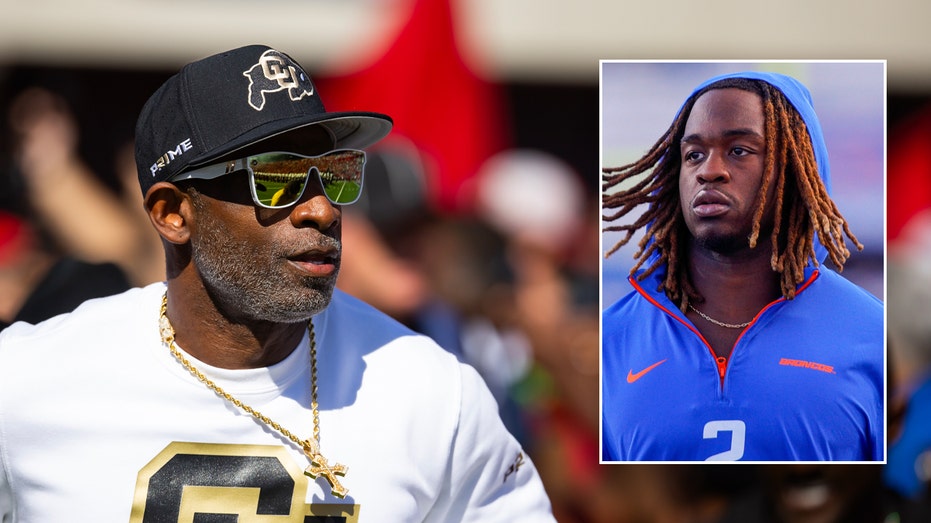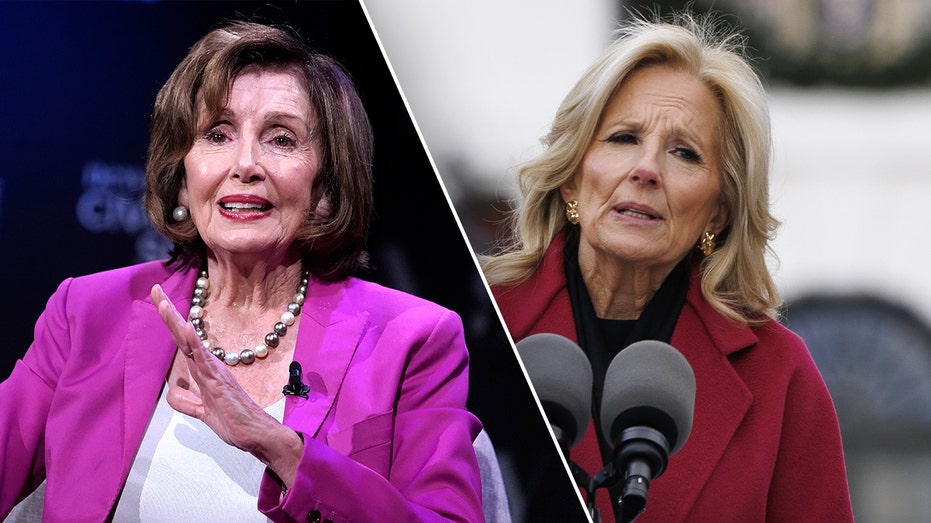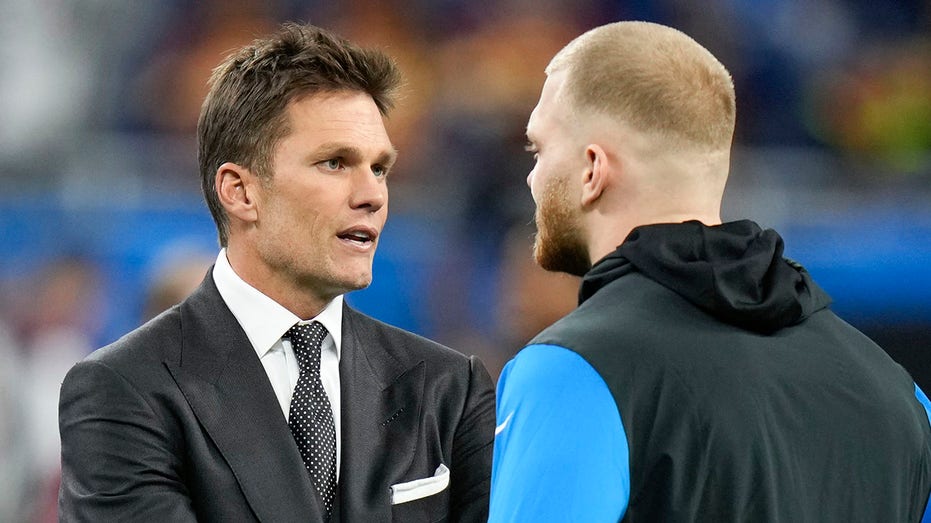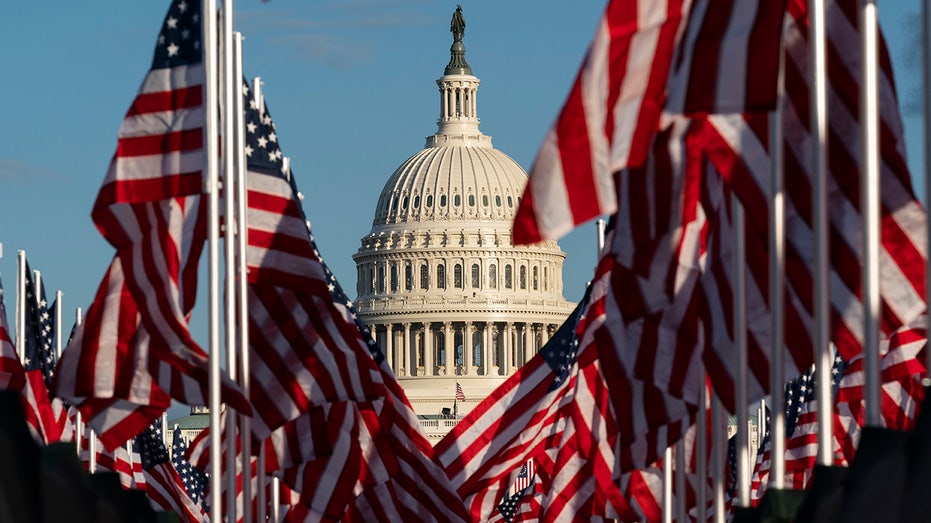- by foxnews
- 20 Jan 2025
As Labor’s jobs and skills summit kicks off, it’s all about having a seat at the table
As Labor’s jobs and skills summit kicks off, it’s all about having a seat at the table
- by theguardian
- 02 Sep 2022
- in news
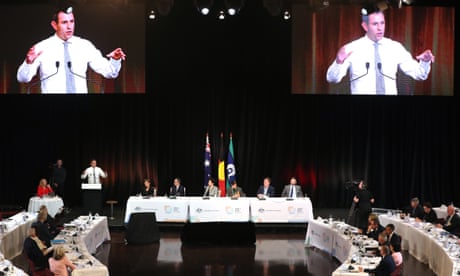
Every three years the Australian Labor party meets to "debate" changes to its platform, which are largely fixed by backroom factional deals before the national conference or on its sidelines.
So when it is said that Labor is a political party well-practised at achieving a great deal while making it appear as boring as possible - it's actually a compliment.
The same sort of discipline has been on display at the jobs and skills summit being held in Canberra this week.
Some 143 participants, culled from a cast of thousands of log-rollers who put their hand up or called a mate to attend, assembled in parliament's great hall.
Participants sat fanned out as if a miniature parliament - but with half of them women it was more like an enlightened Nordic nation. It was certainly not like ambassadors at the United Nations - it was not nearly ethnically diverse enough for that.
Anthony Albanese and senior ministers including Jim Chalmers, Katy Gallagher, Brendan O'Connor, Clare O'Neil and Amanda Rishworth sat where the government frontbench would be. Opposite them sat the leaders of the states and territories.
Between them an enormous crossbench of unions, civil society and business, from clean energy-friendly tech billionaire Scott Farquhar to cardboard king Anthony Pratt (friend to Bill Shorten and Donald Trump) to unions' bete noire Alan Joyce.
In his opening speech, Albanese cited national cabinet as an example of the sort of cooperation and consensus the summit should aim to achieve. Which is just as well, because he launched it with a pre-packaged announcement of free Tafe places, held over from Wednesday's national cabinet meeting.
The Grattan Institute chief executive, Danielle Wood, nearly stole the show with the analogy that if female workforce participation were a mineral ore, governments would be spending big to dig it up. Later in the afternoon, Andrew Forrest, the actual miner, mixed metaphors by describing women as the "unsung giants" not being fully utilised.
The federal workplace relations minister, Tony Burke, said such a meeting wouldn't have been possible six months ago, perhaps giving away that Labor's main purpose was to capitalise on the palpable sense of relief that the fake fights of the Morrison government have been shelved for serious policy-making.
Unlike Kevin Rudd's 2020 summit, held in 2008, there was no butcher's paper. The vibe shift was the adults are back in charge - not dreaming with a childlike sense of wonder.
After the closest thing the summit saw to spirited debate - on multi-employer bargaining - Burke delivered a shopping list of reforms Labor could implement immediately and those it would put on the back burner.
Panels of experts in their field were interspersed with short contributions from the floor, often read at speed to avoid the threat of the speaker's microphone being cut off for running over time.
Corporates made observations that veered from insightful observations about the workforce and innovation to product placement, such as Woolworths' contribution about personal shoppers and WooliesX.
As sessions dragged, participants shuffled papers or stared at personal devices, a bit like question time during a Dorothy Dixer or an embattled minister attempting to douse controversy with a dull answer.
Maritime unionist Christy Cain woke everyone up with a firebrand contribution more at home at a national conference or ACTU congress, blasting Peter Dutton for snubbing the summit ("if you're not at the table, you're on the menu") and declaring "our time is now".
It was a little redolent of construction unionist Joe McDonald declaring "we're coming back" into a loudhailer, an image of union militancy used by John Howard to warn against Labor's election in 2007, but evidently Cain had received the cooperation memo as he tempered the observation "it is our time" with the qualification of "employers and government coming together".
Chalmers wrapped the first day by noting it was "incredibly encouraging" to see the amount of common ground found between employers and unions, who showed the ability to give a little to get a lot.
That's what participation is all about. Giving a little time, maybe even enduring a little boredom, for a lot of influence.
- by foxnews
- descember 09, 2016
Travel tips for attending Trump's inauguration in DC: expert weighs in
Washington, D.C., has been gearing up for travelers ahead of Inauguration Day on Jan. 20, bringing Americans to the nation's capital as President-elect Trump returns to the White House.
read more